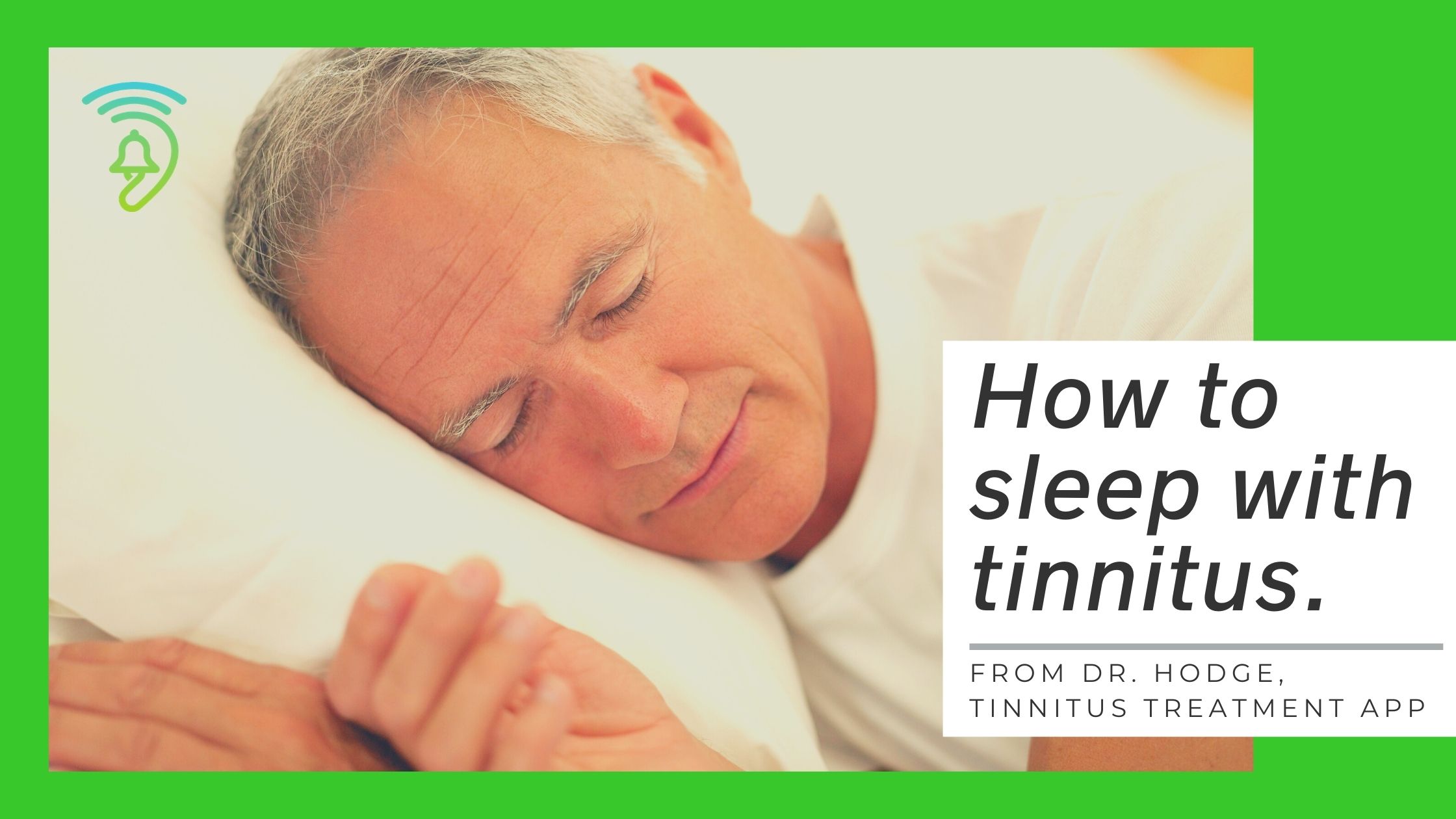
Does tinnitus affect your sleep? Absolutely. As you know, our response to sounds at night is far greater as the “white noise” of day time life is no longer helping your brain block out repetitive noises. Perhaps you have had a dripping tap in the bathroom before? That tiny dripping noise repeating over and over and over, can be unbearable at night.
Dr Hodge Ear, Nose and Throat specialist and founding member of tinnitus treatment, provides a few coping strategies that can be used by themselves or in combination to help improve your sleep quality. As you are aware, you must get your sleep as sleep deprivation has huge impacts on your physical, emotional and mental health. Your ability to cope with everyday stresses and underlying stresses diminishes significantly; hence your body releases more cortisol. Cortisol will cause you to battle with concentration, will increase your blood pressure and cause fatigue which is not solved with sleep. In short, it makes you cranky.
So the first step is to get the ambient sounds up to a level closer to day time. This can be with:
- A background radio or TV on a timer switch,
- A podcast or meditation app that have a timer
- A fan or an aircon unit is a good source of white noise
The other strategy is to improve your sleep hygiene. This is something we have been told, and we have read about countless times but rarely follow:
- Go to bed tired, having exercised. How many times have you read about people flopping into bed and falling asleep before their head hits the pillow? And this was after great physical exertion. Choose your exertion method and exercise it.
- Do not have a big meal just before going to bed. It can cause acid reflux, indigestion and heartburn. The best time to eat a big meal is three hours before bedtime. If four to five hours have passed since your big meal and you are still awake, hungry and planning to go to bed, eat something easily digestible like a piece of fruit.
- Minimize screen time before sleeping, this means not lying in bed watching TV or playing on your phone. Even if you do fall asleep, the quality of sleep is impaired due to the type of light and flickering from screens and how it effects the brain.
- Especially avoid your Facebook & Instagram as these platforms are designed to keep you emotionally engaged.
- Avoid news sites as these usually carry upsetting news which is not conducive to a tranquil mental state before sleep.
There are medications that can be useful, and this should be discussed with your audiologist or GP.
- Melatonin which is used to regulate your diurnal sleep variations.
- Sleeping tablets, whilst this is the last resort, it should not be rejected because if you have developed a habit of sleeplessness that cycle needs to be broken. A short treatment with sleeping tablets can be prescribed by your GP. The important thing is to get onto a non-medicated sleep routine as soon as you can so use the other strategies in conjunction with this.
Contact us today at [email protected] if you have any further questions about tinnitus, its treatment and sleeping with tinnitus. We are currently offering a Free 30-day trial which you can access via our app using promo code, “freemonth”.
Visit my website for more info about Tinnitus and treatments www.tinnitustreatment.com.au.
Download my IOS App here https://apple.co/2Ca1X9T
Download my Android App here https://bit.ly/2VXWslD
Related Tags: Tinnitus Remedies


